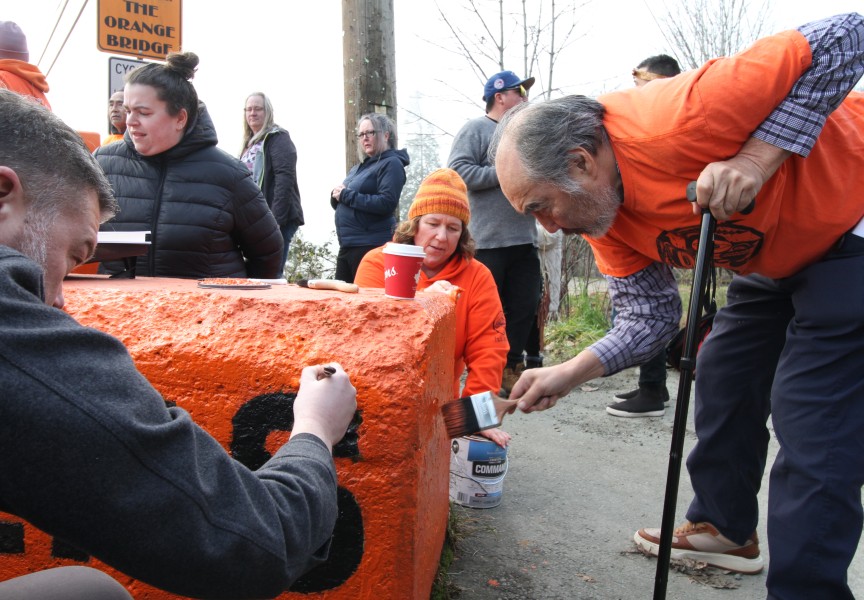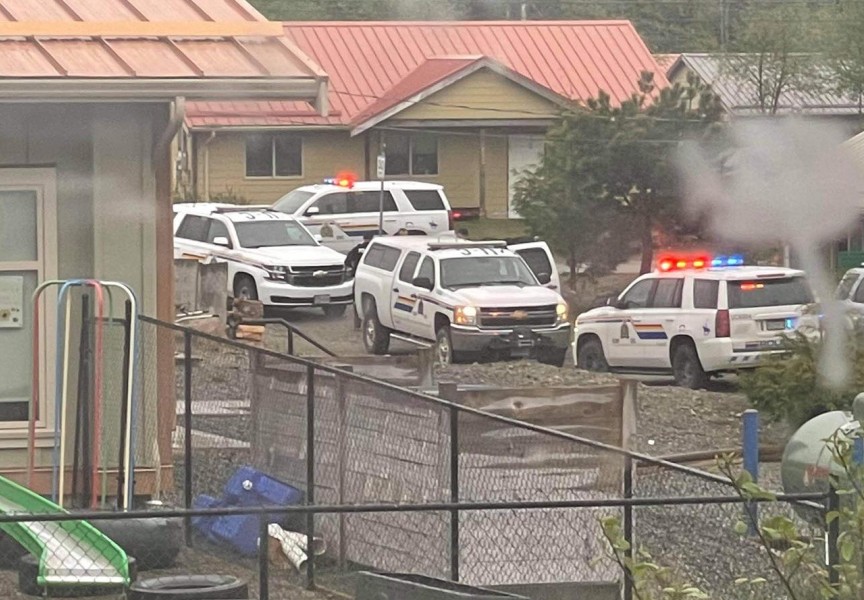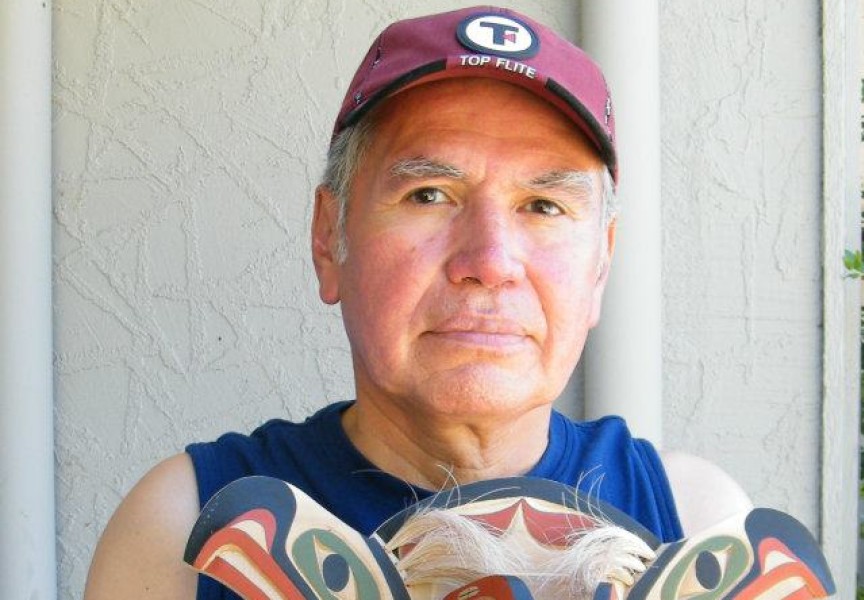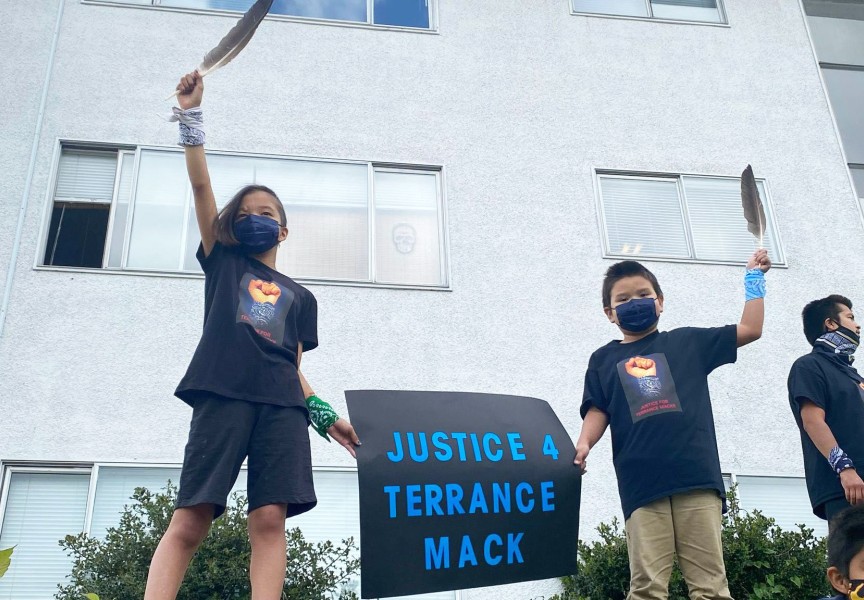After hearing eight days of testimony, the coroner’s inquest into the 2016 death of Jocelyn George concluded that there are critical gaps in supports to Indigenous youth in the system.
George was 18 years old when she was placed in police cells on June 23, 2016. She had been under the influence of drugs and was unable to care for herself.
According to testimony from RCMP, George had been picked up for public intoxication on June 23. The jury heard testimony that she had been released hours later in the same wet clothes she arrived in and barefoot. About an hour later she was placed in cells again for public intoxication and erratic behavior.
George remained in cells overnight but it didn’t appear that her condition was improving. Closed circuit TV monitoring and guards’ logs showed that she moved very little, wasn’t provided with food until the morning when her condition had had declined severely and may not have been able to access water from the sink in the cell.
On July 24 guards noticed that George was in poor condition, unable to communicate. She was sent to hospital in Port Alberni with extremely low blood pressure and sugar. She was later sent to a Victoria hospital, where she died of heart failure later that evening.
The BC Coroner’s Inquest into the death of Jocelyn Nynah Marsha George began June 21 in Port Alberni. The purpose of the inquest is not to find fault but to allow a jury, after determining facts of the case, to make recommendations to prevent similar deaths in the future.
Under Section 18(2) of the Coroners Act, inquests are mandatory for any deaths that occur while a person was detained by or in the custody of a peace officer.
Presiding Coroner Margaret Janzen and a jury of five heard evidence from witnesses under oath to determine the facts surrounding this death.
After hearing the evidence and testimonies, Janzen said that there were several themes that stood out to her: vulnerability, safety, Indigenous offenders being over-represented, Indigenous cell guards needed, along with cultural awareness.
On June 30, the jury foreperson read a set of more than a dozen recommendations that aimed to fill gaps in services to youth facing mental health issues and/or addictions.
The jury determined that the cause of death was drug-induced heart failure and classified the death as accidental.
However, their recommendations suggest that had certain resources been in place and George received medical attention sooner, she may not have died. A witness from West Coast General Hospital noted that had there been earlier awareness of George’s declining condition, she may have had better chance of surviving.
While cells are monitored by CCTV, there is no audio. The jury noted that George may have been attempting to call for help, but it was impossible to hear on the CCTV footage.
They recommended consistent, in-person checks, better logbook keeping and better medical training for guards charged with monitoring intoxicated prisoners.
One guard testified that food was withheld from George due to her intoxicated state. He later testified that he wasn’t aware that it was policy to provide food to prisoners.
The jury found that authorities seemed to have different interpretations of what age of majority is and that some considered George to be a minor while others treated her as an adult. They believed different actions may have been taken based on whether or not an 18-year-old is considered a minor.
Still, she was released from jail on her own and barefoot. The jury recommended that in the case of minors, release plans should be established so that they can be supported.
They recommended the establishment of mental health and addiction support services for First Nations youth, along with resources for treatment services and facilities.
The jury recommended that guards be trained in mental health and addictions, along with cultural awareness training. They asked that service organizations and institutions collaborate to create a holistic wellness centre for youth and those suffering from mental health and addictions issues.
The list of recommendations will be published on the BC Coroner’s webpage in the near future.







